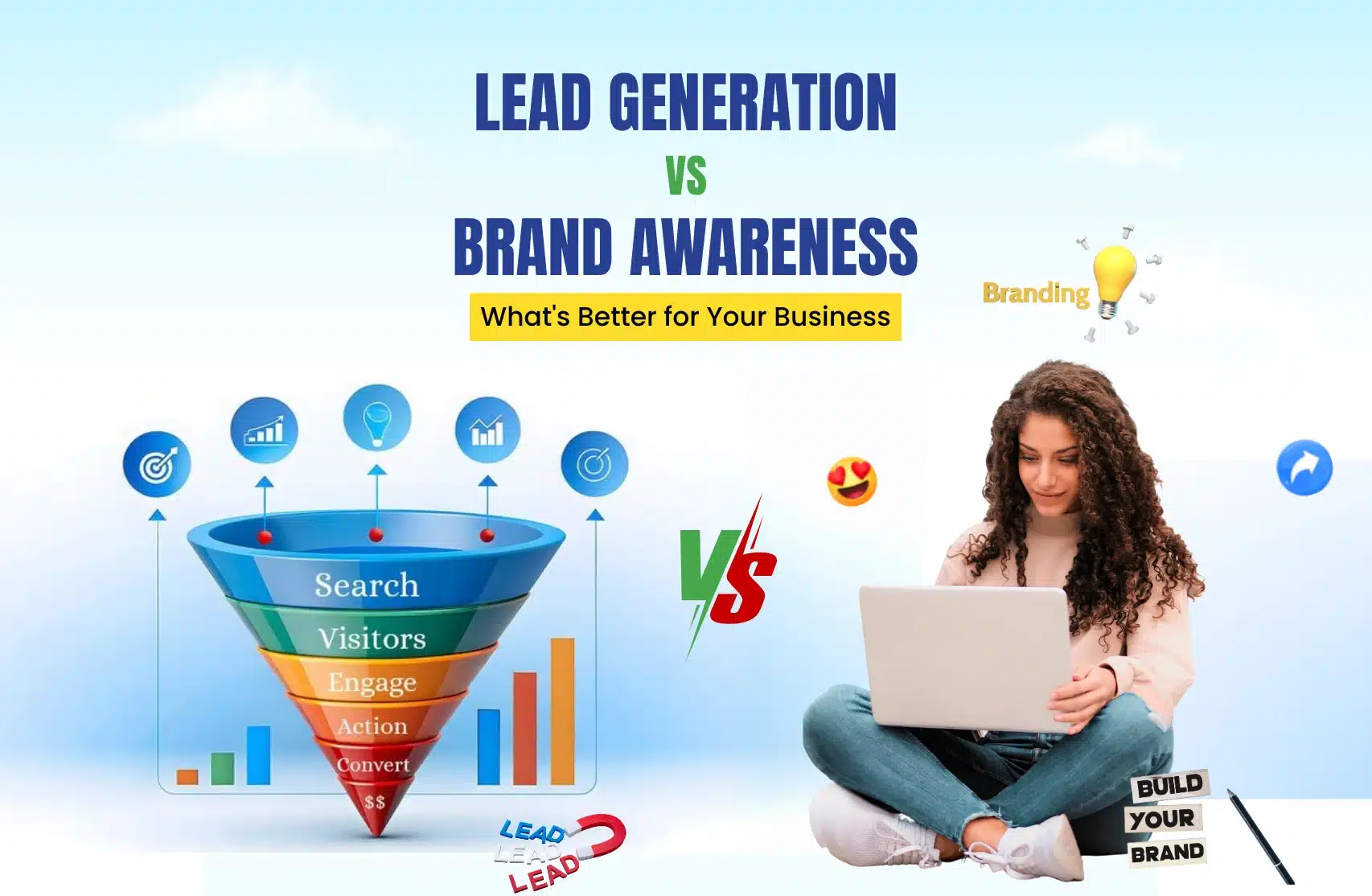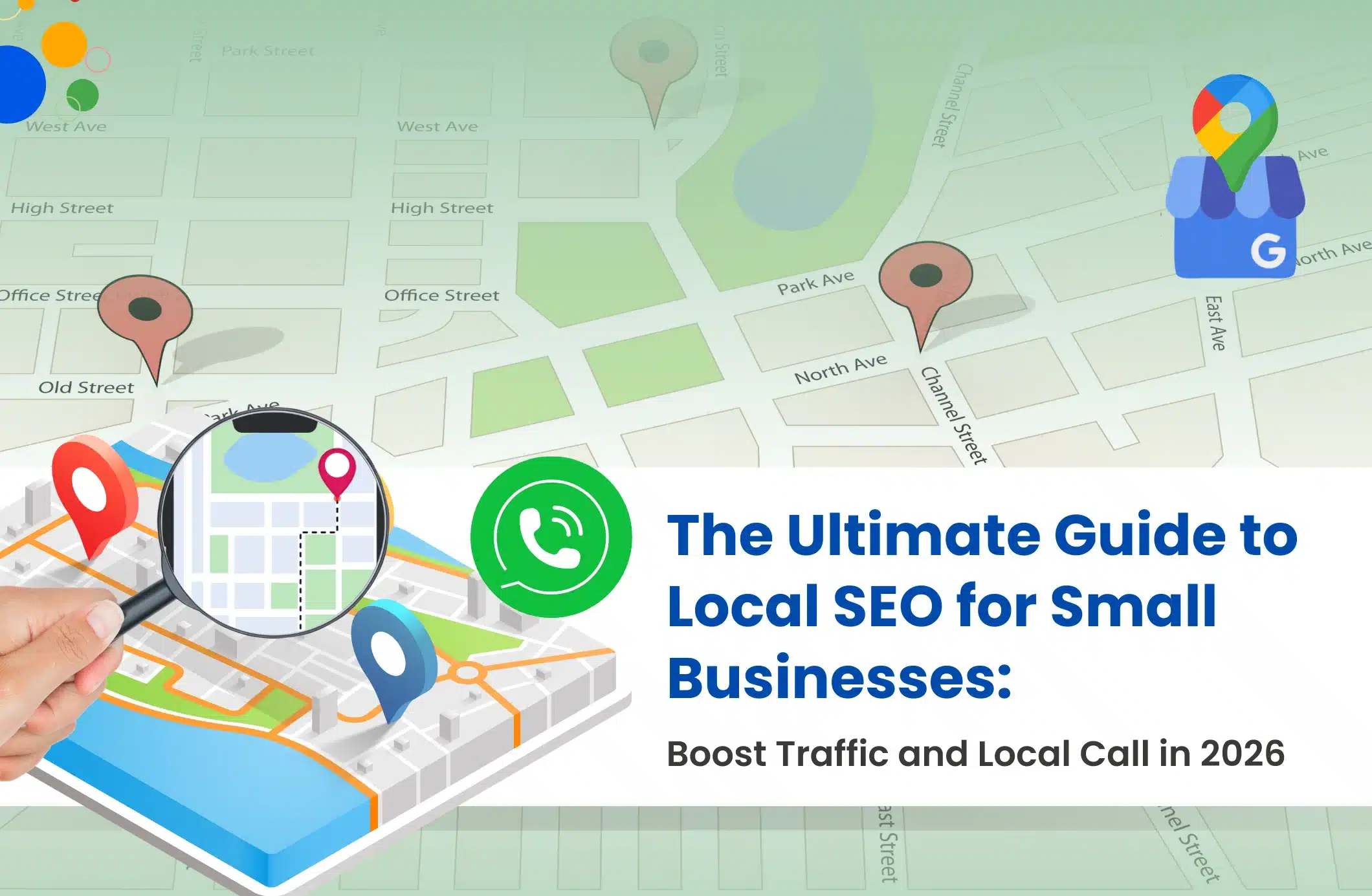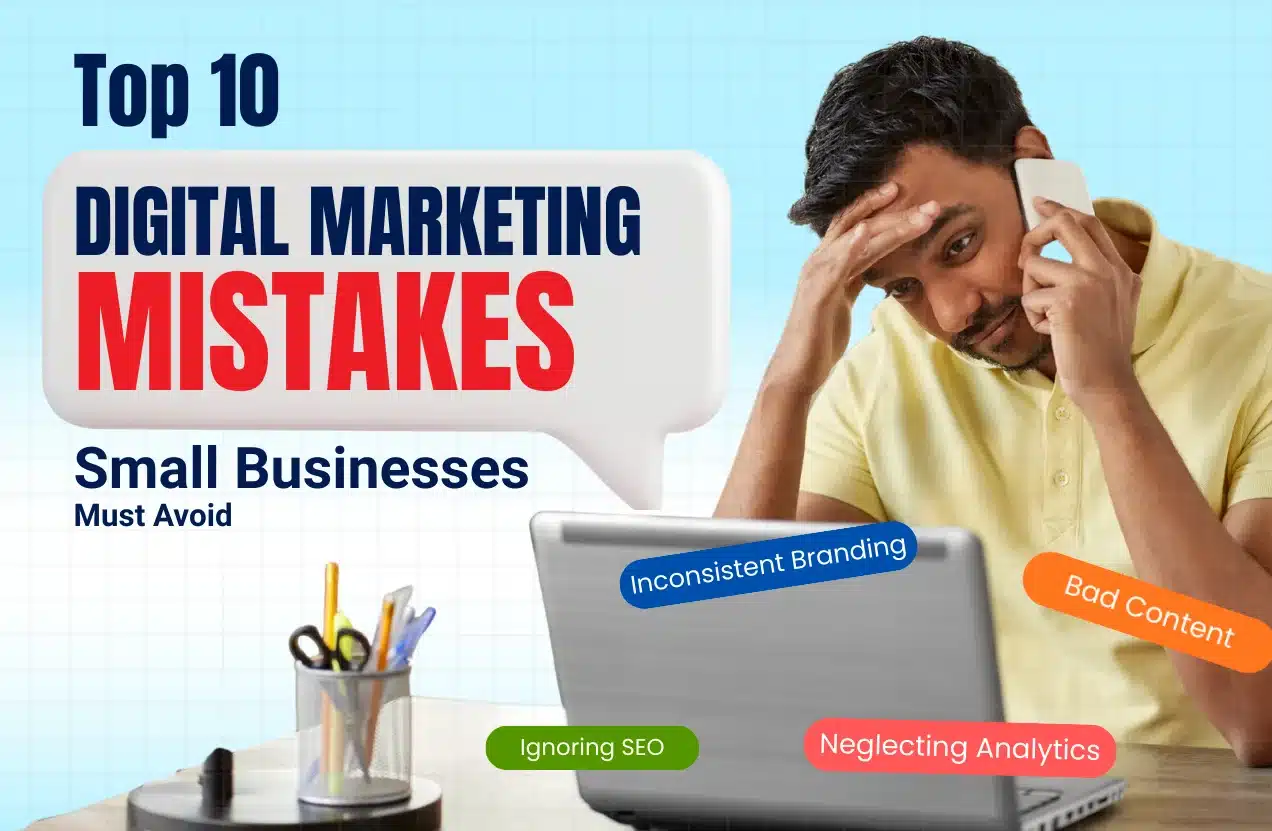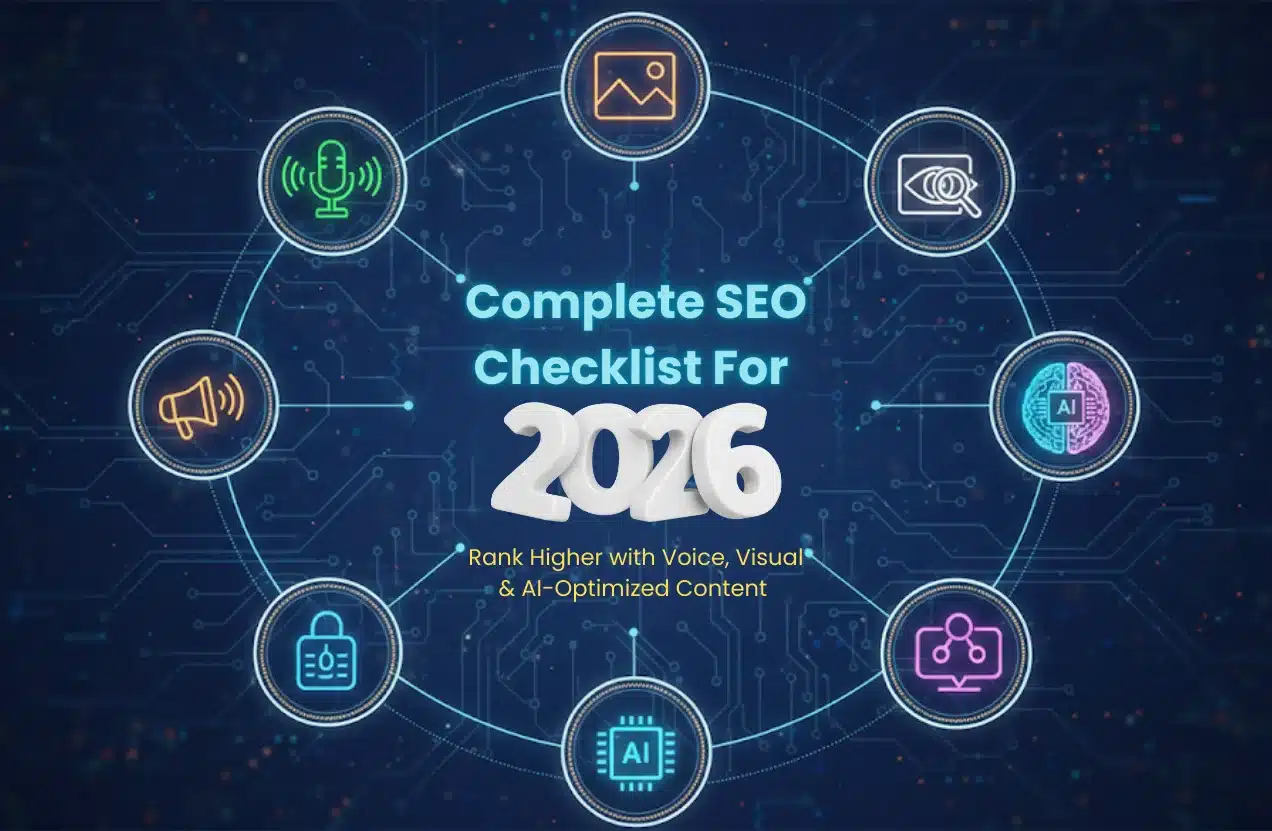
Lead Generation vs Brand Awareness: What’s Better for Your Business
In the ever-evolving landscape of digital marketing, businesses often grapple with the decision of prioritizing lead generation or brand awareness. Both are crucial elements of a successful marketing strategy, yet they serve distinct purposes. Understanding the differences and determining which focus is more beneficial for your business can significantly impact your digital marketing objectives and outcomes.
Understanding Lead Generation and Brand Awareness
What is Lead Generation?
Lead generation involves identifying and nurturing potential customers for your business’s products or services. It is a strategy focused on conversion, aiming to turn prospects into actual customers. Lead generation strategies often include tactics like email marketing, webinars, content marketing, and social media advertising, all designed to capture interest and collect information from potential leads.
What is Brand Awareness?
Brand awareness, on the other hand, is about making your target audience familiar with your brand, products, or services. This strategy aims to increase brand visibility and ensure that when someone thinks of a product or service you offer, your brand comes to mind. Brand awareness tactics include public relations, sponsorships, content marketing, and social media presence, focusing on audience engagement and creating a lasting impression.
The Role of Marketing Objectives
Choosing between lead generation and brand awareness isn’t a one-size-fits-all decision. It depends on your marketing objectives and the stage of your business.
Startups and New Businesses
For startups or new businesses, establishing a brand presence is essential. Investing in brand awareness campaigns helps build trust and recognition in the market. When people recognize and trust your brand, they are more likely to engage with your products or services later.
Established Businesses
For established businesses, the focus might shift towards generating leads. With a well-established brand, the next step is to convert that awareness into sales. Lead generation strategies become more prominent, as they directly contribute to sales and revenue growth.
The PJP Digital Approach
Balancing Both Strategies
At PJP Digital, we understand that both lead generation and brand awareness are vital components of a comprehensive marketing strategy. Our services are designed to help businesses balance these two elements effectively, ensuring that marketing efforts are aligned with business goals.
Customized Marketing Strategies
PJP Digital offers customized marketing strategies that cater to the unique needs of each business. Whether your focus is on increasing brand visibility or generating leads, our team of experts crafts tailored solutions to achieve your desired outcomes.
Pros and Cons of Lead Generation
Pros
- Direct Impact on Sales: Lead generation has a clear and direct impact on sales and revenue. By focusing on conversion, businesses can see immediate results in terms of new customers and sales.
- Measurable Results: With lead generation, it’s easier to measure success. Metrics such as conversion rates, cost per lead, and return on investment (ROI) provide clear insights into the effectiveness of your campaigns.
- Targeted Audience: Lead generation allows for precise targeting, ensuring that marketing efforts are directed towards individuals most likely to convert.
Cons
- Short-Term Focus: Lead generation often focuses on short-term goals, which may not contribute to long-term brand growth.
- Requires Constant Attention: To maintain a steady flow of leads, continuous effort and resources are needed, which can be resource-intensive.
Pros and Cons of Brand Awareness
Pros
- Long-Term Growth: Brand awareness contributes to long-term growth by building trust and recognition among your audience.
- Broad Reach: Awareness campaigns typically have a broad reach, introducing your brand to a wider audience.
- Improved Customer Loyalty: A strong brand presence fosters customer loyalty, encouraging repeat business and word-of-mouth referrals.
Cons
- Indirect Impact on Sales: While brand awareness is crucial, its direct impact on sales can be less measurable compared to lead generation.
- Takes Time to Build: Building brand awareness is a long-term commitment and may take time to see significant results.
Integrating Both Strategies
For optimal results, businesses should aim to integrate both lead generation and brand awareness strategies. A balanced approach ensures that while you are capturing new leads, you are also building a strong brand that resonates with your audience.
Example of Integrated Strategies
For instance, a business might use brand awareness tactics like social media engagement and content marketing to build a presence. Simultaneously, they could implement lead generation strategies such as targeted email campaigns or webinars to convert interested prospects into leads.
Conclusion: What’s Better for Your Business?
In the debate of lead generation vs. brand awareness, the answer isn’t straightforward. It depends on your business’s specific needs, goals, and stage of growth. By evaluating your marketing objectives and aligning them with your business goals, you can determine the right balance between these two essential marketing strategies.
At PJP Digital, we are committed to helping businesses navigate this landscape. Whether you need to boost brand visibility or focus on lead conversion, our tailored services ensure that your marketing strategies are aligned for success. With the right approach, you can achieve a harmonious balance that drives growth and meets your business objectives.
In summary, while both lead generation and brand awareness have their unique advantages, the key lies in integrating both into a cohesive marketing strategy that supports your business’s overall growth and success. By doing so, you can ensure that your marketing efforts are both effective and sustainable in the long run.



